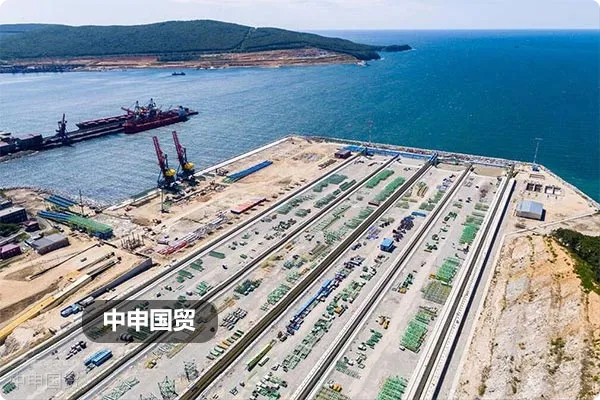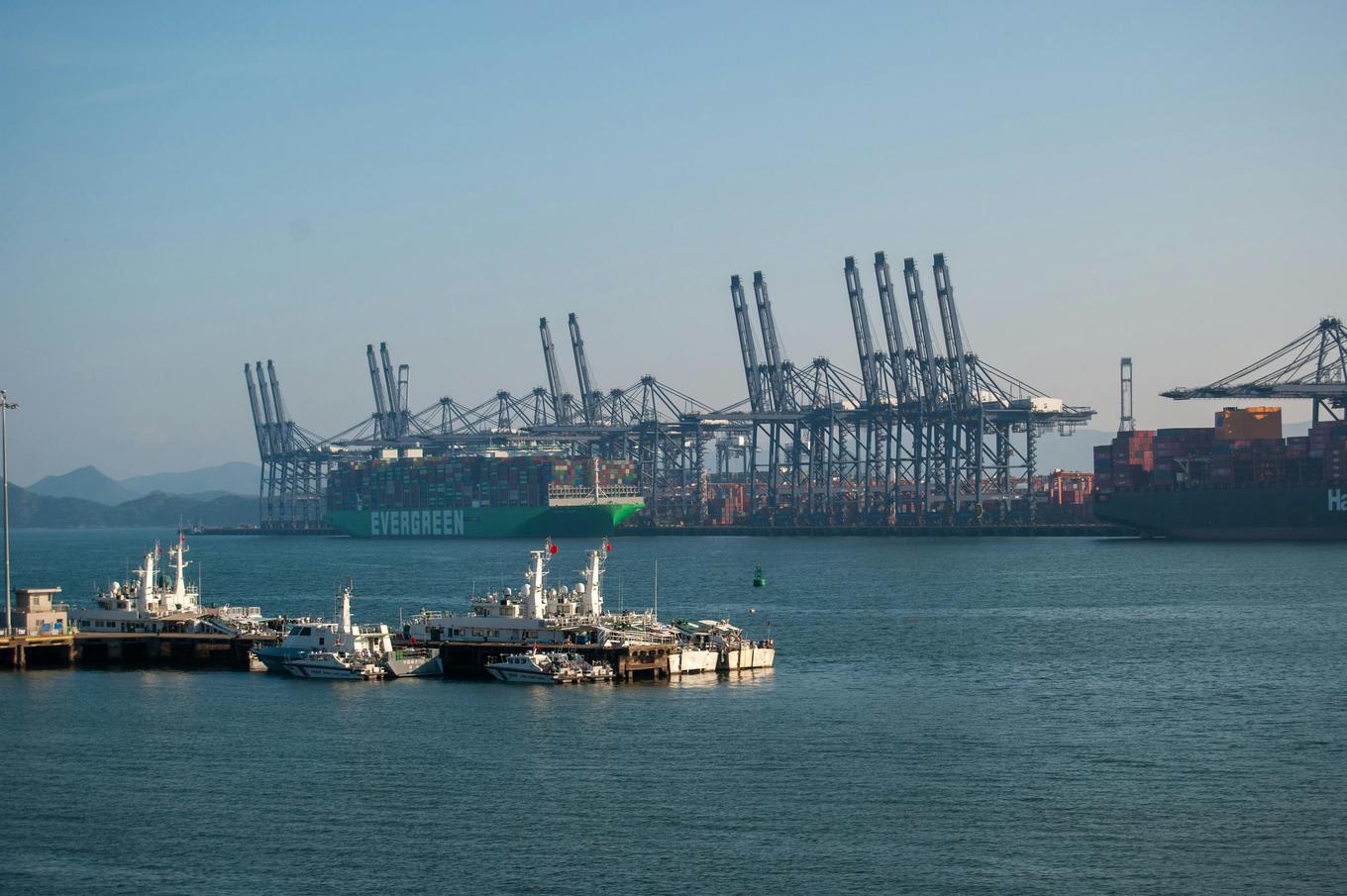- Shanghai Zhongshen International Trade Co., Ltd. - Two decades of trade agency expertise.
- Service Hotline: 139 1787 2118

Introduction
In todays globalized business environment, importing casual shoes from South Korea holds significant commercial potential. South Korean casual shoes, renowned for their fashionable designs, premium materials, and exquisite craftsmanship, are highly favored by global consumers. However, the import process involves numerous complex procedures—from documentation handling to logistics arrangements, and adapting to changes in international trade conditions—each step requiring professional expertise. This article provides a professional perspective on the complete process of importing casual shoes from South Korea.
ZhongShen International TradeProfessional advantages – Documentation handling and logistics arrangements
Documentation processing is a critical component when importing casual shoes. China Shen International Trade maintains an experienced documentation team proficient in all trade documents including commercial invoices, bills of lading, packing lists,It is recommended to verify through the following methods:and certificates. These documents are essential for smooth customs clearance—any minor error may cause delays or even penalties.
Our team meticulously verifies every documents information to ensure accuracy and completeness. For instance, product descriptions on commercial invoices must precisely match actual goods—including shoe styles, colors, size ranges and other details. Bills of lading require accurate shipper, consignee, notify party and port information. For certificates of origin, we ensure compliance with trade agreements between South Korea and importing countries to qualify for preferential tariffs.
For logistics arrangements, we maintain long-term partnerships with globally renowned logistics providers. WhetherMaritime Transportation,Air Transportationor land transport, we customize optimal solutions based on client needs. For time-sensitive shipments, air freight—though costlier—ensures rapid delivery. Bulk shipments benefit from more economical sea transport. We evaluate cargo volume, weight and delivery timelines to determine the most efficient transport method while providing real-time shipment tracking throughout transit.
Russian Market – VTBFX Settlement AgencyAdvantages
If your import business involves the Russian market, ZhongShen International Trade has unique advantages – convenient foreign exchange settlement through VTB. In trade with Russia, the foreign exchange settlement process often troubles many companies. Russias financial system has certain differences from international standards, coupled with factors such as international sanctions, making foreign exchange settlement complex and high-risk.
VTB (Russianforeign tradeBank) is one of Russias largest banks and plays a significant role in international trade settlement. ZhongShen International Trade has established a good cooperative relationship with VTB, enabling us to provide customers with convenient and secure foreign exchange settlement services. The foreign exchange settlement process generally proceeds as follows: After goods arrive at Russian ports and complete customs clearance, customers provide us with relevant trade documents, which we then submit to VTB for review. Once approved by VTB, the payment will be converted into the customers specified currency at the agreed exchange rate and transferred to the customers account. This VTB-based foreign exchange settlement method significantly reduces settlement risks, improves fund security and transfer speed, providing strong support for your business expansion in the Russian market.
Southeast Asian Market – import and exportProcess and Solutions
For the Southeast Asian market, the process of importing casual shoes from South Korea has its unique characteristics. First is the pre-import preparation, which requires understanding the trade regulations and policies of various Southeast Asian countries. For example, some countries may have strict quality standards and environmental requirements for imported footwear products. Regarding documentation, in addition to regular documents, specific certificates such as certificates of origin and quality inspection reports may also be required.
Taking Indonesia as an example, importing casual shoes requires an import license. We will assist customers in preparing the necessary materials and applying for the license with the relevant Indonesian authorities. In terms of logistics, due to the numerous islands and complex geographical environment in Southeast Asia, choosing the right transportation route and port is crucial. For landlocked countries like Laos, it may be necessary to first reach a neighboring countrys port by sea and then transport the goods to the destination by land.
For exports, if your casual shoe products are to be exported from Southeast Asia to other countries, a series of processes must also be followed. First is product inspection and quarantine to ensure the products meet the quality and safety standards of the target market. Then comes the customs declaration process, where we accurately fill out the customs declaration form and declare detailed information about the goods. In terms of packaging, appropriate materials and methods must be selected based on the transportation method and the requirements of the destination country to ensure the goods are not damaged during transportation.
Challenges and Opportunities in the Current International Trade Landscape
The current international trade situation is complex and ever-changing, posing many challenges to importing casual shoes from South Korea. The rise of trade protectionism has led various countries to introduce trade restrictions such as increased tariffs and trade barriers. This not only increases import costs but may also cause delays in customs clearance. For example, the United States has imposed high tariffs on certain imported footwear products, which compresses importers profit margins.
At the same time, exchange rate fluctuations are also a factor that cannot be ignored. The instability of the global economic situation leads to frequent fluctuations in currency exchange rates, creating exchange rate risks for import businesses. If exchange rate clauses are not properly arranged when signing trade contracts, importers may face significant financial losses when exchange rates change unfavorably.
However, challenges and opportunities coexist. With the advancement of the Belt and Road initiative, trade cooperation among countries along the route continues to strengthen, opening up broader markets for importing casual shoes. Meanwhile, the rapid development of e-commerce has also provided new channels for import businesses. Through e-commerce platforms, importers can directly reach global consumers, expand sales markets, and reduce marketing costs.
Product certification services
In the process of importing casual shoes from South Korea, product certification is an essential step. Different countries and regions have varying certification requirements for footwear products. For example, the EU market requires CE certification to prove that products comply with relevant EU directives and harmonized standards. The United States has certification standards such as ASTM.
Although ZhongShen International Trade does not directly provide certification services, we will inform customers in detail about the required certification types and related information based on the requirements of the target market and assist them in obtaining certifications. We will recommend certification agencies, help customers prepare the necessary documentation, and guide them through the certification process. This ensures that customers products comply with the regulatory requirements of the target market while saving them time and effort.
In summary, importing casual shoes from South Korea requires professional knowledge and extensive experience. With our expertise in document processing and logistics arrangements, the VTB foreign exchange settlement advantage for the Russian market, and a deep understanding of the import and export processes in the Southeast Asian market, ZhongShen International Trade can provide you with comprehensive import services, helping you seize business opportunities in the complex international trade environment and achieve smooth business development.
Related Recommendations
? 2025. All Rights Reserved. Shanghai ICP No. 2023007705-2  PSB Record: Shanghai No.31011502009912
PSB Record: Shanghai No.31011502009912










